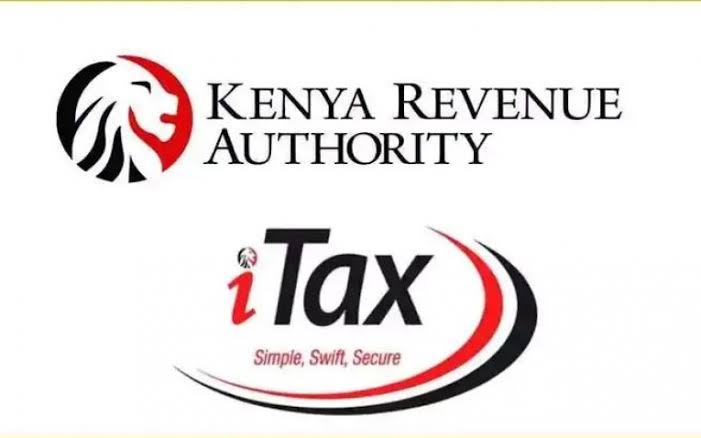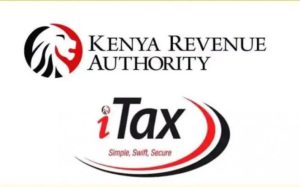From the 1st of September 2019, processed Juices, Bottled Water, Soda, and cosmetics will cost more.
This is because the Kenya Revenue Authority (KRA), will be implementing a new tax system on a long list of consumable goods.
The Kenya Revenue Authority (KRA), has reportedly set a target to raise 3.6 billion Kenyan Shillings more revenue from the new tax system.
The Kenya Revenue Authority (KRA) made it mandatory for all manufacturers to install the Excisable Goods Management System (EGMS), which is expected to cost up to 2.80 Kenyan Shillings per item of production, and eventually add up to billions of Kenyan shillings across industries.
The Kenya Revenue Authority (KRA) claims the new excise duty stamps are assisting in tracking of excisable products, besides sealing tax evasion loopholes.
The Kenya Association of Manufacturers (KAM) however, says its members will pass the costs on to consumers.
The revenue agency, which currently has a new commissioner-general, is reportedly under pressure to collect 1.87 trillion Kenyan Shillings in taxes in the current financial year, a figure which is up from the 1.65 trillion Kenyan Shillings it was expected to raise in the just ended financial year.
The manufacturers, however, say higher prices on the beverages and cosmetics will increase the cost of living and eventually hurt consumption of the commodities.
The manufacturers however, state that they are incurring between 0.50 Kenyan Shillings to 2.80 Kenyan Shillings per unit to implement the new system, which in turn requires them to affix the new generation excise stamps on each unit they produce.
Manufacturers claim that the additional cost will reduce their competitiveness, and expect that the small industries will be the hardest hit.
The Kenya Revenue Authority (KRA) has been preparing to implement the new system for years, but put the project on hold last year (2018), after manufacturers went to court to oppose the move.
As a result of the case, the Kenya Revenue Authority (KRA) was forced to put the plan on hold, in order to consult with manufacturers.
The same complaints by manufacturers, have however persisted barely a month before the new rollout date.

Chairman of the Kenya Association of Manufacturers (KAM) Sachen Gudka, says that the plan by the Kenya Revenue Authority (KRA), will also increase the uncertainty in the manufacturing sector and discourage new investments since excise tax can be adjusted from time to time.
Mr. Gudka said in a statement that, “Manufacturers do not have any control on possible increment on the excise stamp duty in future, as experienced by some sectors such as tobacco manufacturers, whose duty was increased from Sh1.5 to Sh2.8 per unit. This creates an unpredictable business environment that is a major disincentive for investments.”
Kenya Revenue Authority (KRA), which has reportedly missed the ever rising revenue collection targets consistently, awarded the stamp fixing contract to Swedish multinational SICPA, stating that it would be useful in adding at least 3.6 billion Kenyan Shillings in revenues every year, if water and other non-alcoholic drinks are also included.
Kenya Revenue Authority’s Commissioner for Domestic Taxes Elizabeth Odundo Meyo said in a notice that, “KRA notifies the public of the go-live of the excisable management system on bottled water, juices, soda and other non-alcoholic beverages and cosmetics effective September 1, 2019 as stipulated by Section 28 of the Excise Act, 2015 and the Legal notice 53 of the March 2017.”



